It’s somewhat enlightening – perhaps mostly about human self-confidence – that a majority of Americans in a recent survey say they would rather see naked pictures of themselves leaked online than have their emails or financial information compromised.
But even with that great worry about digital privacy, we seem to live in a bubble of naïve hopefulness that is ill-suited for today’s Internet of Thieves.
Despite nearly daily news stories about hack attacks and information security headlines, we are an apathetic lot when it comes to protecting ourselves.
We’re aware of the risk, we worry about the risk, but either through ignorance or an ill-informed belief that “it could never happen to me,” too many of us don’t practice safe data. We cross our fingers and hope the other person does.
In a recent MasterCard survey, almost everyone (92 per cent) said they take precautions to protect their financial information, but almost half of those surveyed (46 per cent) admitted they rarely or never change their passwords. Almost as many respondents (44 percent) use the same password for multiple online accounts, and more than a third (39 percent) have checked their financial data online on public networks.
These are all rookie mistakes.
The reality is that as a group consumers cannot be counted on to do what they need to do to protect themselves. There is a big inconsistency between what they say they worry about, and what they actually do to reduce their real risks.
For example, almost eight in 10 people in the same survey said they worried about their financial information or Social Security numbers being compromised. That compares to less than six in 10 who say they are worried about a home burglary. But it’s a safe bet that people are more likely to lock their doors and windows than to practice good digital hygiene.
It’s good to know that consumers are aware of the risks associated with a digital lifestyle, but it’s also an important insight that they expect the institutions they do business with to protect them. In fact, less than half (48 percent) of those surveyed believe they hold the most responsibility for protecting their own financial information from being stolen or comprised. That means more than half expect the institutions they do business with to ensure their safety.
In fact, the overwhelming majority of Americans (83 percent) are excited about the new secure technologies helping to protect their financial information. Some 69 percent said they use chip cards or plan to soon, and more than three-quarters (77 percent) feel there are more secure ways to pay than ever before.
That’s critically important for financial institutions that issue credit and cards, and soon it will be even more important for both the issuers and the merchants who accept credit and debit card payments.
Starting on October 1, liability for credit and debit card fraud shifts to the party that has done least to safeguard the system. That means issuers who don’t issue chip cards or merchants who do not accept chip cards, will be on the hook for fraudulent transactions.
The key insight from the MasterCard survey, besides the apparent fact that too many people are too comfortable with nude pictures of themselves, is that consumers need to understand they share the responsibility for securing their financial lives with businesses.
The strongest push against the threats will be the combination of what people can do themselves with the work companies like MasterCard are doing to bring the latest in safety and security innovations to consumers.
For example, MasterCard is the only payment brand that provides its U.S. cardholders with ID Theft Protection services – at no additional cost – to help them detect and resolve identify theft. They are also leading the way in safe mobile payments and biometrics.
It’s great that consumers have heightened awareness of the threat, and the work the payments industry is doing to increase security will do just that, especially with the roll out of chip cards. But the bad guys are smarter, more organized and better equipped than ever before.
If America is the land of personal responsibility, as we often brand ourselves, then individuals must work with their institutions to do what is needed to make life a great deal more difficult for the Internet of Thieves.
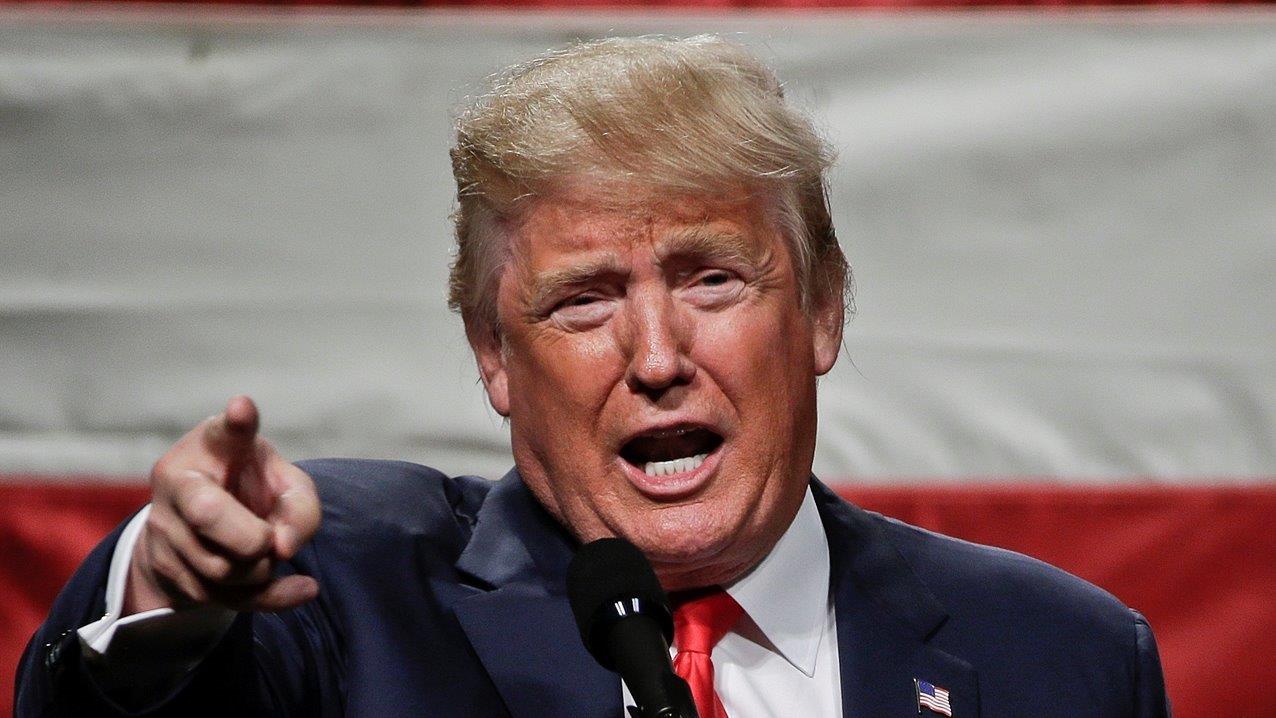

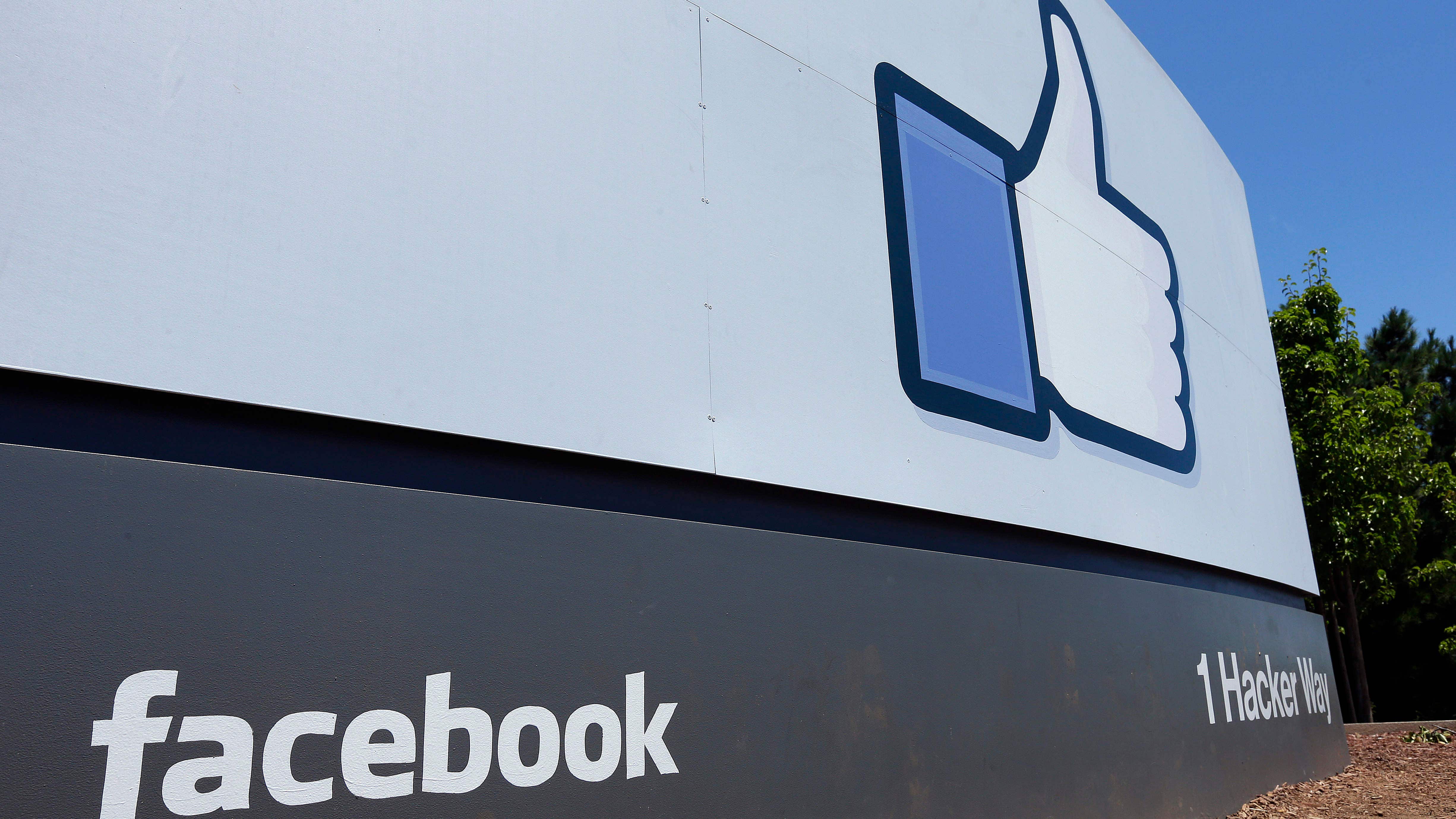
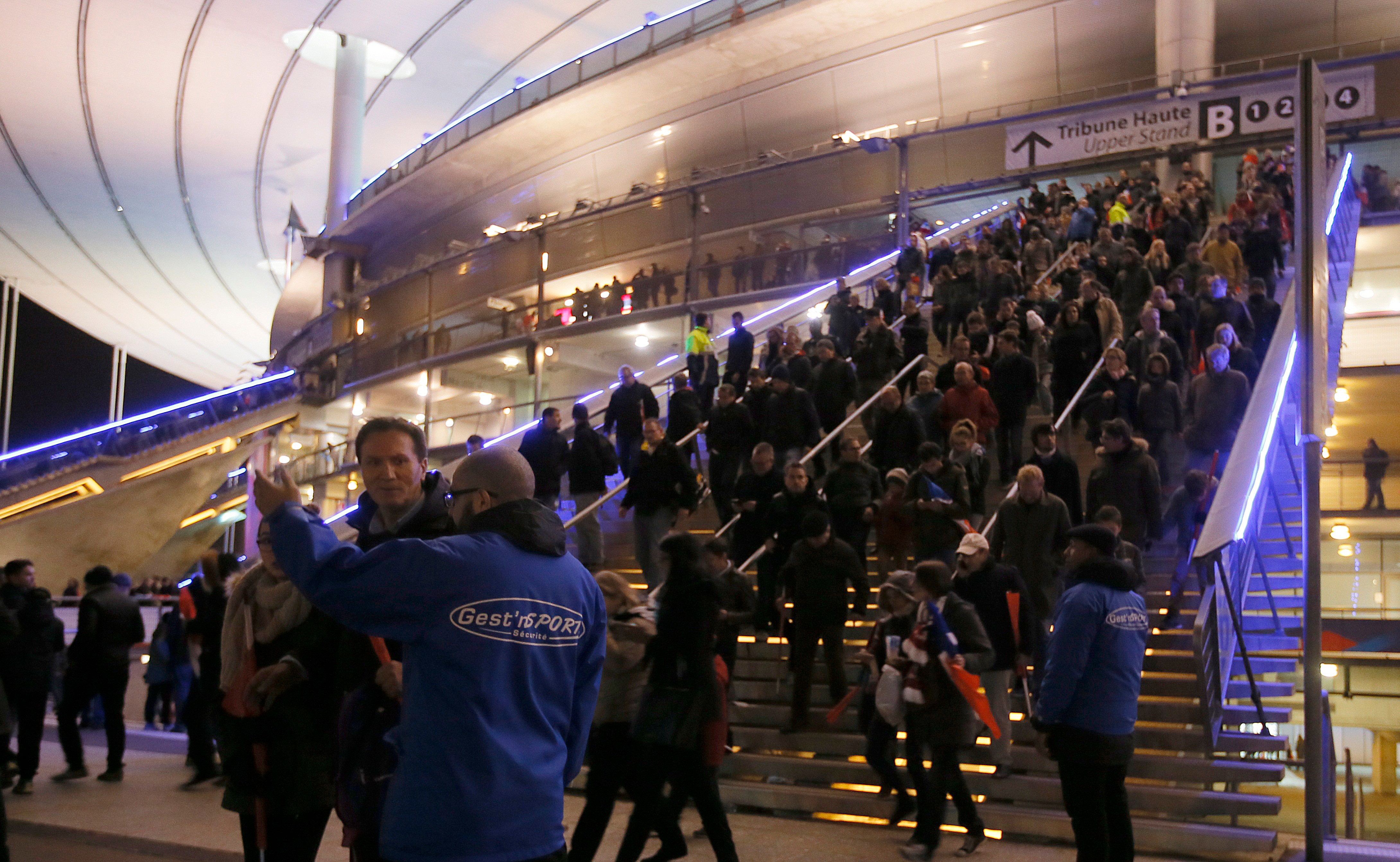
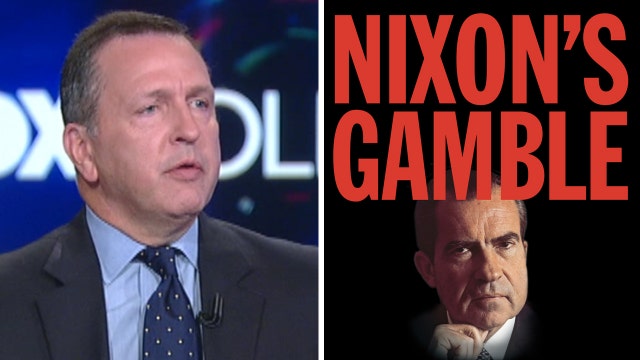

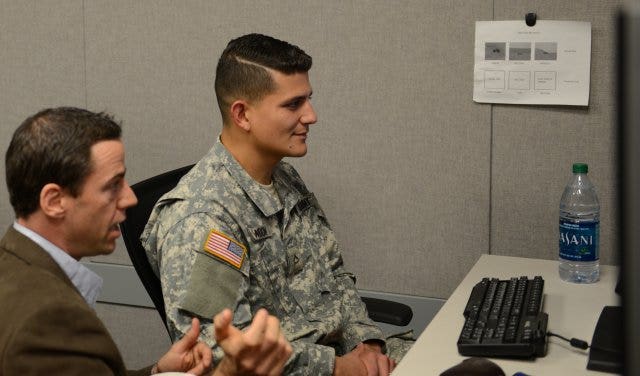

Leave a Reply